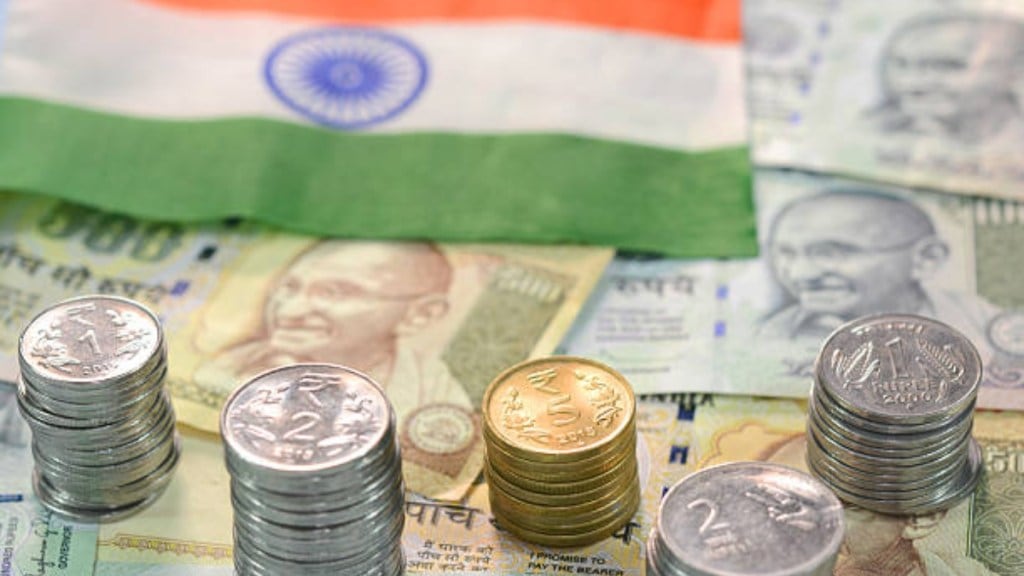By Rupa Rege Nitsure
The Economic Survey 2024-25, tabled in the Parliament just six months after the previous survey, highlights the rising importance of domestic growth levers (as compared to the external ones) in the coming years, if India seeks to grow at a steady and sustainable pace. This is against the backdrop of heightened uncertainty in the global environment.
According to the Survey, the previous global paradigm, characterised by relatively ‘stable geopolitics’ and ‘free trade and investment movement’, has been fading and the foundations on which many nations built themselves are now being shaken.
Even if India is the fastest growing economy in the world, it does not enjoy the cushion of a higher per capita income, as enjoyed by the developed nations.
Many other risks originate from global arena like China’s prominent role in global supply chains. Today China has emerged as a dominant force in the global manufacturing and energy transition ecosystems. China has achieved this by consistently working on its competitiveness and controlling key resources that are critical for global supply chains. Another major risk is ‘climate change’. The major economies like the US, the EU, China and other G7 countries depend heavily on each other for key raw materials central to developing renewable energy and reducing emissions. Trade conflicts between these nations are posing significant risks to the green energy transition, imposing huge costs on the global economy.
Hence, focusing on policies that will activate domestic levers will be a more prudent solution for India in the current global context. For India to achieve the objective of Viksit Bharat@2047 or even to reach nearer to that goal, it must grow by ~ 8% in real terms every year for at least a decade. This could be achieved by raising the investment rate to around 35% of GDP from the current level of ~ 31% and also by raising the investment efficiency. According to the Survey, this will entail a combination of efforts, that is, assessing the ‘true’ cost of regulation, undertaking systematic deregulation (liberalisation) of ‘standards and controls’ to reduce the ‘net regulatory burden’ on economic activities of businesses as well as citizens. The Survey has recommended ‘policy actions that enhance economic freedom – that is, citizens’ unhindered ability to pursue legitimate economic and entrepreneurial aspirations’. “The focus of reforms and economic policy must now be on systematic deregulation”, says the Survey.
Besides recommending an improvement in the ‘ease of doing business’ by both the Union and state governments, the Survey recommends a calibrated approach to climate change and energy transition through national-level policies and local nudges; appropriate skilling and education for India’s youth; raising productivity of the primary sector (primarily by diversifying away from water-dependent crops & increasing the irrigation cover); facilitating productive and enhanced participation of women, farmers, youth and the poor in economic activity by enhancing investment in education, skills, and health (both mental & physical), and a more philosophical approach to governance.
The survey is more ‘philosophical’ than ‘transactional’ in its recommendations and its key recommendation is ‘to get the domestic economic engine purring by pulling all the levers of deregulation’.
It needs to be seen whether the Union Budget for FY26 will be able to act on some of its recommendations in the existing political-economic set up.
The author is an independent economist who served the BFSI sector for over three decades
Disclaimer: Views expressed are personal and do not reflect the official position or policy of FinancialExpress.com. Reproducing this content without permission is prohibited.
